What Ending a War Could Look Like

When you imagine ending a war, do you imagine the U.S. President lamenting the human cost of the war’s financial expense while simultaneously demanding that Congress increase military spending — and while mentioning new wars that could potentially be launched?
Do you picture him blowing up families with missiles from robot airplanes, and committing to continuing those “strikes” while maintaining that such things don’t constitute continuing the war?
Did you hope that if the wars for freedom ever ended we might get our freedoms back, our rights to demonstrate restored, the Patriot Act repealed, the local police rid of their tanks and war weapons, the landscaped stripped of all the cameras and metal detectors and bullet-proof glass that have grown up for two decades?
Did you imagine the people in Guantanamo cages who were never on a “battlefield” would no longer be viewed as threats to “return” there once the war was “ended”?
Did you think that without a war there might be something resembling peace, including perhaps an embassy, the lifting of sanctions, or the unfreezing of assets?
THE BIG SCARY “S” WORD

As its popularity soars, socialism’s secret sauce is explored in this never pedantic, feel-good movie manifesto that will make you want to own the means of production.
Director/producer Yael Bridge’s stand up and cheer The Big Scary “S” Word is one of 2020’s do-not-miss films and deserves a Best Documentary Academy Award nomination. As a producer, Bridge was Emmy co-nominated for the 2017 nonfiction film Saving Capitalism featuring former U.S. Labor Secretary Robert Reich. Bridge’s latest work moves further left, asserting that instead of rescuing the capitalist system, it should be replaced by – as Warren Beatty put it in the 1998 movie Bulworth – “that dirty word… socialism!”
On Propaganda and Failed Narratives: New Understanding of Afghanistan is a Must
For twenty years, two dominant narratives have shaped our view of the illegal US invasion and occupation of Afghanistan, and neither one of these narratives would readily accept the use of such terms as ‘illegal’, ‘invasion’ and ‘occupation.’
After Afghananistan...A Truth Commission?
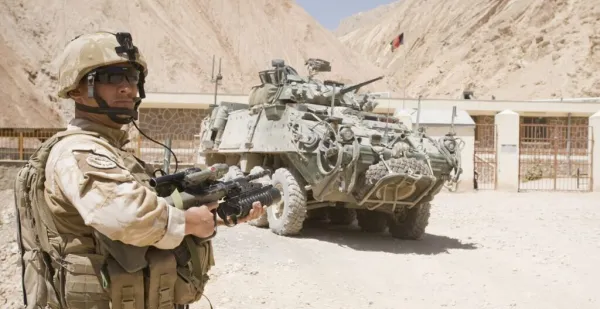
“Ten members of one family — including seven children — are dead after a US drone strike targeting a vehicle in a residential neighborhood of Kabul . . .
“The youngest victims of Sunday’s airstrike were two 2-year-old girls, according to family members.
“Relatives found the remains of one of the girls, Malika, in the rubble near their home on Monday.”
Biden’s Revenge: Fueling ‘Madness of Militarism’ in Afghanistan
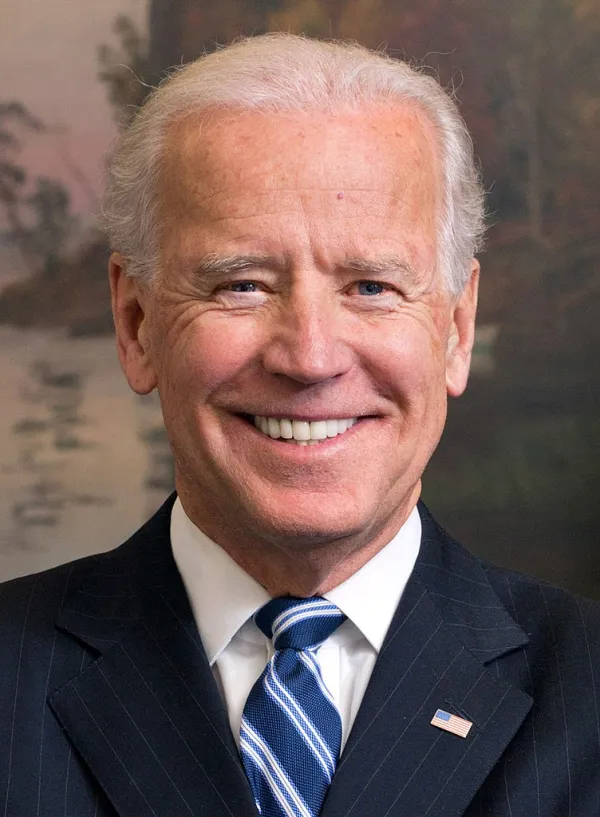
Why We Must Have a Unified Global Grassroots Progressive Movement

ne thing – and only one thing – can save our democracy and our Earth: a unified grassroots progressive movement.
It must be hugely diverse in terms of age, race, ethnicity, religion, class, gender, sexual orientation and more.
It must draw our national and global activist community out of its silos and into the streets and suites.
So on Monday (August 30, 1-5 p.m. Eastern Time), we are co-convening the first zoomed National Justice Roundtable, opened by the great Dolores Huerta, a monumental networking moment meant to join together activists and campaigners on a wide range of vital issues, including DC Statehood, Election Protection/Voter Engagement, environmental protection/Solartopian conversion, and Social Justice/Ending Poverty & Homelessness.
The Roundtable will host activists, campaigners, and organizers from everywhere explaining who they are, what they do, what victory will look like, and how we can get there together.
Stadio Olimpico: Can Sports Heal the World?
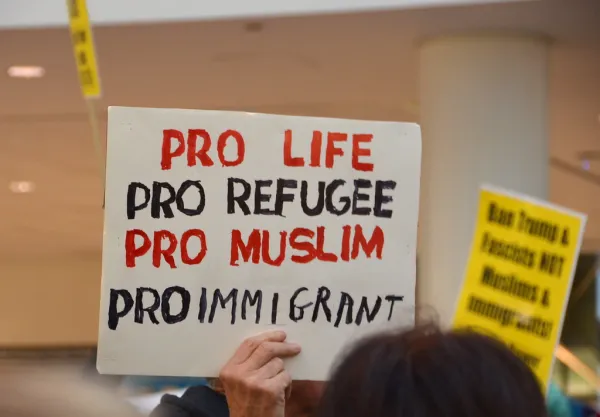
Amid chaotic politics and anti-immigrant and refugee sentiments, Stadio Olimpico in Rome seemed like an oasis of social and cultural harmony. AS Roma and Raja Casablanca fans gathered in their thousands on a hot Saturday evening to cheer for their teams in a friendly match, the first in the Olimpico for nearly a year and a half.
They’re About to Add Women to Military Draft in the Name of Feminism
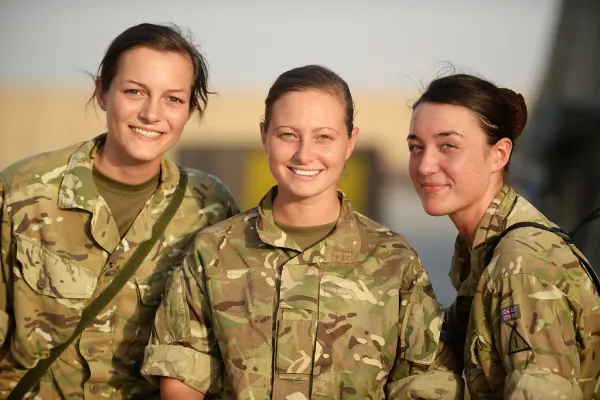
In some future lovely little war, perhaps with China or some other demonized target, some percentage of the U.S. public may suddenly exclaim: “Hey, since when does a draft include young women as well as men?!” Old tunes will be revised and sung in protest with lyrics about being the first one on your block to have your daughter come home in a box. The tragedies will be played out in tears and screams and flag-covered propaganda-regurgitating rationalizations. Dead women and men will be thanked for the service of stirring up World War III before being dumped in the ground to rot, as some of the living begin to envy them and wonder about the merits of the service they’ve provided.
War: Ever More Present and Absent

In many ways, war is ever more and less visible. Of course in U.S. academia, the Pinkerist pretense that we are living through a period of great peace is accomplished by all sorts of statistical manipulation, but first and foremost by declaring civil wars to not be wars, and declaring U.S. wars to be civil wars — a tricky thing to do when the minute the U.S. leaves, Afghans, for example, decline to keep killing each other (damn them!).
But in the United States, war and militarism — or some weird shadow of them — are everywhere: endless thank yous, special parking places and airplane boarding, endless recruitment ads and weapons ads, countless movies and television shows. War is relentlessly normalized. And, oddly, the ubiquity of war celebration has made war so unquestionable that there are few objections when war is not mentioned — even on occasions when it should be.
Palestine’s Africa Dichotomy: Is Israel Really ‘Winning’ Africa?
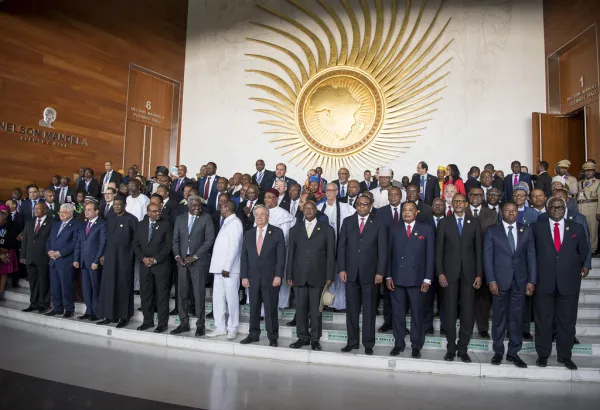
The decision by the African Union Commission, on July 22, to grant Israel observer status membership in the AU was the culmination of years of relentless Israeli efforts aimed at co-opting Africa’s largest political institution. Why is Israel so keen on penetrating Africa? What made African countries finally succumb to Israeli pressure and lobbying?
To answer the above questions, one has to appreciate the new Great Game under way in many parts of the world, especially in Africa, which has always been significant to Israel’s geopolitical designs. Starting in the early 1950s to the mid-70s, Israel’s Africa network was in constant expansion. The 1973 war, however, brought that affinity to an abrupt end.
